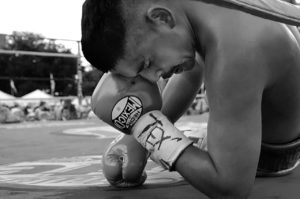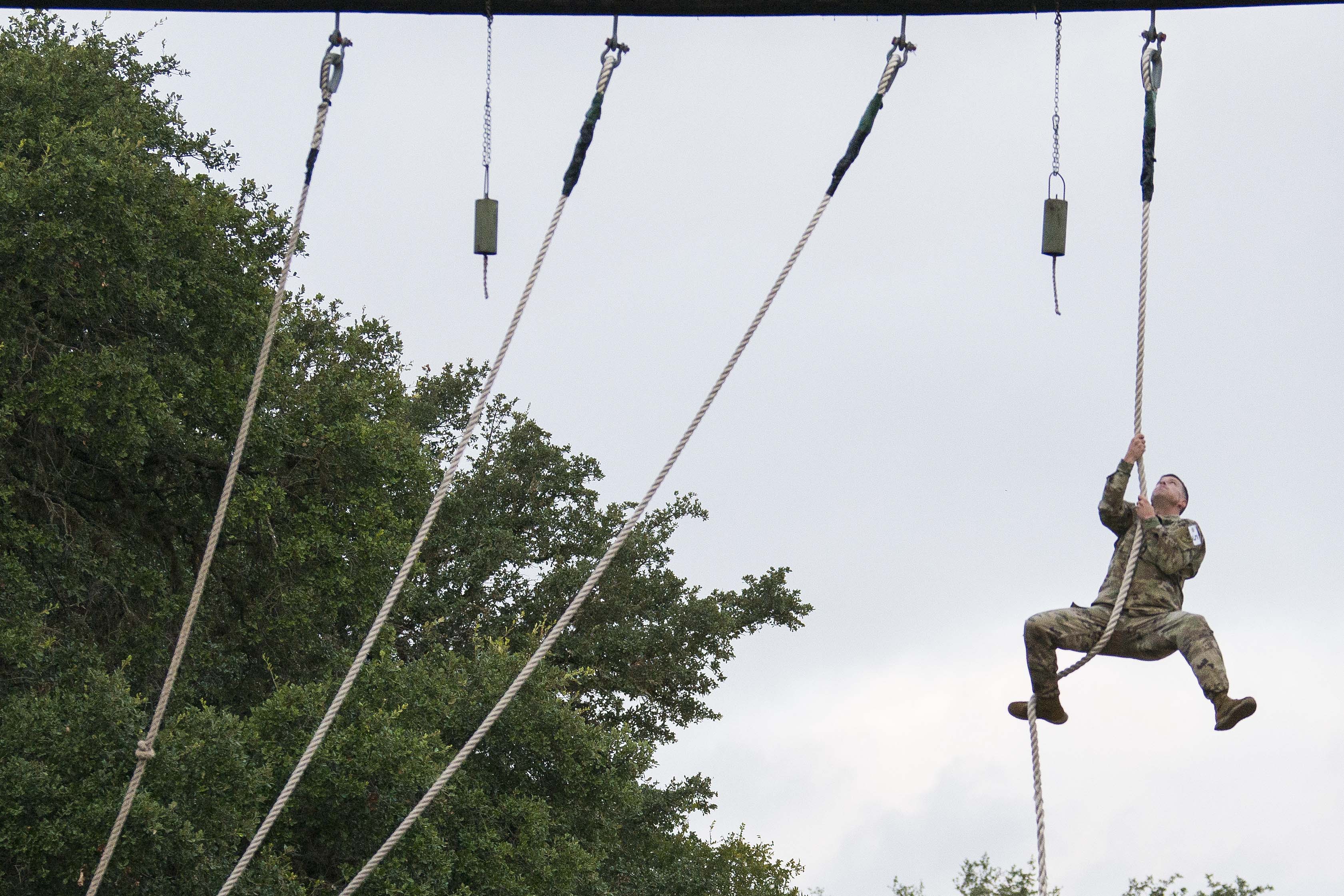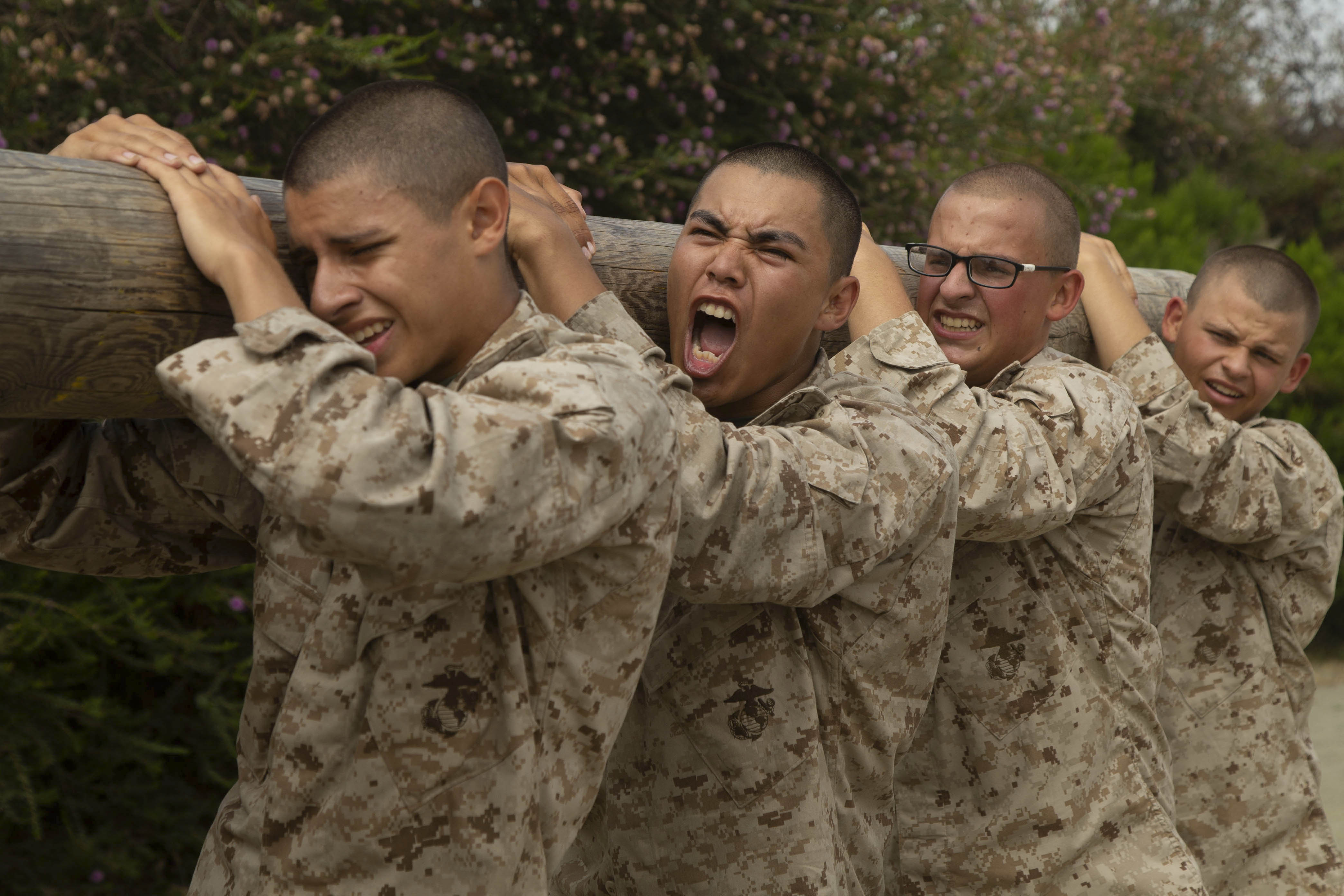
There is always a moment that exists after getting punched in the face. What we do in that moment, and the moments beyond that, defines us. For better or worse.
So maybe we’re not being punched in the face on a regular basis, but there are certainly left hooks and body blows that life, and other people, send our way. Relationships ending. Jobs ending. Plans being subverted. Betrayal. Insults. Rejection, in many different ways, of our ideas, our dreams, our thoughts, sometimes even of who we are.
It’s that breathless moment, where the wind is knocked out of you and your ears are still ringing, that seems to stretch out into eternity.
But the second hand doesn’t stop. Time continues to move, and we can move with it.
One of my favorite movies is The Fisher King, with Robin Williams and Jeff Bridges. It’s a favorite of mine for many different reasons, but the context in my thinking here focuses on Bridges’ character.

Gilliam, T. (Director). (1991). The Fisher King [Motion Picture]
So that happens. We are on top of the world one minute, and the next minute, we’re flat on our back, looking up at the sky, wondering what the hell just happened. Maybe we feel shock, or betrayal, or anger, or fear. The impulse may be to jump back up and counterpunch, to respond to an attack with an attack. The impulse may be, as Bridges’ character in the movie, is to remain lying on the ground, too defeated to get up. It is in that critical moment that we have the power to influence our future.
If you haven’t read my work before, I am a huge fan of Viktor Frankl, one of the eminent neurologists and psychiatrists of the 20th Century. This was a guy who knew what it was like to take a shot in the face by life; he was a concentration camp survivor. He lost his first wife in the camps, saw countless of his friends perish, and witnessed the ultimate evil that humans can do to each other. Frankl said this, among many other things:
Between stimulus and response there is a space. In that space is our power to choose our response. In our response lies our growth and our freedom.
Between that punch in the gut, that betrayal, that disappointment, and our reaction, there is a space. That space can be a split second, or it can be a year. Widening that gap between stimulus and response gives us the ability to choose growth, or to continue the chaos.
I’ve failed in that space. I know that failure is a judgment, but in this context, failure in my mind was actions that I took that made the situation worse, not better. Remember the story about that baseball on my desk? I’ve thrown it before. Out of anger. I’m not talking about an underhand lob or a leisurely sidearm throw to my son in the backyard. No, I’m talking about a full-on, Nolan Ryan windup and release. The control wasn’t there, but the velocity certainly was, and it left a dent in the door that it hit. Not saying this to brag, because it’s certainly not something I’m proud of, but to illustrate the point that I had a choice in that moment between the event that made me angry, and my response to it. In hindsight, I chose poorly.
And there was a minute that existed after that explosive moment. And a minute after that.
We have the ability to make choices that can make the situation worse, or we can choose to salvage the situation in some way. To make it better. To be better, to be stronger, to be better versions of the same old us.
If you get knocked off the hill, and it’s going to happen, you know that you’ve been to the top of the hill before. If you did it once, you can do it again.

But it’s not going to happen if you keep lying on your back.
 The Head Space and Timing Blog is supported by the Colorado Veterans Health and Wellness Agency, a 501(c)3 Nonprofit in Colorado Springs, Colorado. The goal of the CVHWA is to provide military culturally competent mental health counseling to veterans and their spouses, regardless of characterization of discharge, time of service, or era of service. Our vision is to assist veterans to identify and remove barriers to their mental, physical, emotional, and behavioral wellness. For questions or inquiries, contact us!
The Head Space and Timing Blog is supported by the Colorado Veterans Health and Wellness Agency, a 501(c)3 Nonprofit in Colorado Springs, Colorado. The goal of the CVHWA is to provide military culturally competent mental health counseling to veterans and their spouses, regardless of characterization of discharge, time of service, or era of service. Our vision is to assist veterans to identify and remove barriers to their mental, physical, emotional, and behavioral wellness. For questions or inquiries, contact us!



4 Comments
Jane Strong · March 2, 2017 at 10:14 am
I love this one Duane. We spend a lot of time in our program with horses talking about our capacity to make different choices in response to several emotions. While we’re lying on our backs – or trying to keep from exploding back at someone or some thing – we have time to locate our reactions in our bodies, get the message and make a choice; hopefully one that doesn’t involve an apology or lead to a sense of depletion or self-loathing.
Marsha Case · March 30, 2017 at 6:59 pm
I love this!! You’re so in tune with your mind and your feelings. I love the Fisher King too! I love movies that are teaching moments, show life lessons and alternative ways in thinking. My Nephew is a disabled Vet in Colorado Springs, Danny Walter. He’s a writer, a good one like you!!
Duane France · March 30, 2017 at 7:03 pm
Thanks for the feedback, Marsha! Much appreciated! Feel free to recommend to your nephew that he check out the site, I’d love to hear what he thinks.
Three Questions to Support Learning in Post-Military Life · November 16, 2017 at 4:01 am
[…] Learning doesn’t need to stop when we leave the military. On the contrary, we need to continue to learn in order to grow and be better versions of ourselves. Especially when life punches us in the face. […]
Comments are closed.